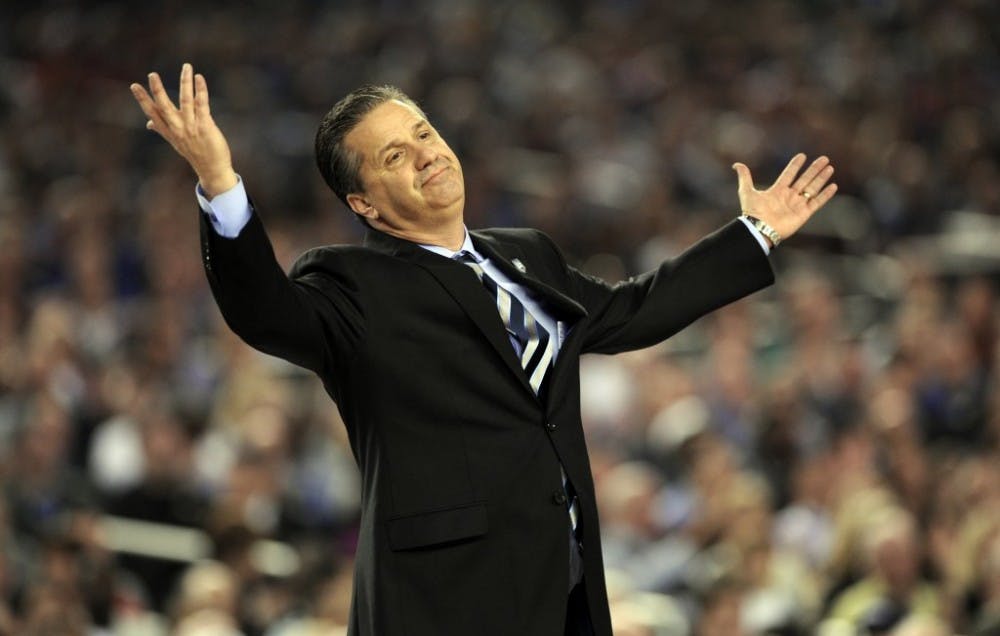As the semester winds down at Elon University, students know two things come with the end of the term — finals and course evaluations.
Professors both at Elon and at many other institutions across the country are evaluated by their students, and these evaluations provide professors with a deeper insight into how effective, or ineffective, they are at teaching their students. Additionally, the heads of each department can see which professors are doing well and which ones need improvement.
The university’s professors are put under the microscope, but Elon’s coaches are able to avoid the scrutiny their academic counterparts are frequently subject to. Seeing as coaches work with students just like professors do, it seems unfair that they are immune to any evaluation by their athletes at the end of their sport’s season.
Successful coaching is about more than just wins and losses for any team. Elon’s student athletes spend lengthy amounts of time at practice, in the weight room and in team meetings all while under the supervision of their coaches. Although coaches are under the supervision of athletic directors, Elon’s athletic administrators would greatly benefit from hearing feedback from the student athletes that work tirelessly to represent Elon on the playing field as well as in the classroom.
The need for coach evaluations is very real and would solve many problems some institutions have had with coaches in recent years. Too often we find various universities in the news for coaches acting unprofessionally toward their athletes.
In 2013, the head coach of Rutgers’ men’s basketball team Mike Rice was fired after the university found he had been bullying and abusing his athletes. For three years, Rice physically bullied his athletes by hitting them, throwing basketballs at them and pushing them in a violent manner during practice.
It took three years for the Rutgers athletic administrators to recognize Rice’s actions as being detrimental, while his athletes suffered mental and physical duress on his tenure. Had Rutgers implemented a system where athletes fill out an evaluation of their coach the issue would have been resolved much sooner.
On April 23, the head coach of Boston University’s women’s basketball team Kelly Greenberg was terminated after an investigation into her coaching style confirmed that she had been bullying her athletes. Her coaching tactics were so abusive that four players had quit the team in the past year alone. Although Greenberg is no longer the head coach of the program, it took far too long for BU to realize she was abusing her athletes.
In today’s society, coaches have more access to their athletes than ever before. Phone calls, text messages, emails and other forms of social media are all platforms that coaches can use to contact their athletes.
Although these new forms of communication can, in theory, improve the effectiveness of their coaching abilities, it can also overwhelm and smother athletes for they are constantly accessible to their coach. An intimidating text or condescending email from a coach can cause the same amount of mental stress as an in-person confrontation could.
Elon needs to realize that if they are going to have students evaluate their professors, students should also evaluate any staff member who has consistent contact with the student body. Not only would this allow the Elon staff to be more effective, but it would also protect students from staff members who are not conducting themselves in accordance with Elon’s standards.
Coaching student-athletes at any level is about more than just wins and losses. Coaches are shaping the minds and bodies of young men and women. Athletic departments need to recognize and listen to the needs of their athletes.
Between the NCAA and university policies, college athletes are controlled by very rigid rules and bylaws. Instead of viewing athletes as property of the university or of the NCAA, Elon should be among the first institutions in the country to have their student-athletes evaluate their coaches just as they evaluate their teachers. I guarantee the university would be surprised at what they would learn.


